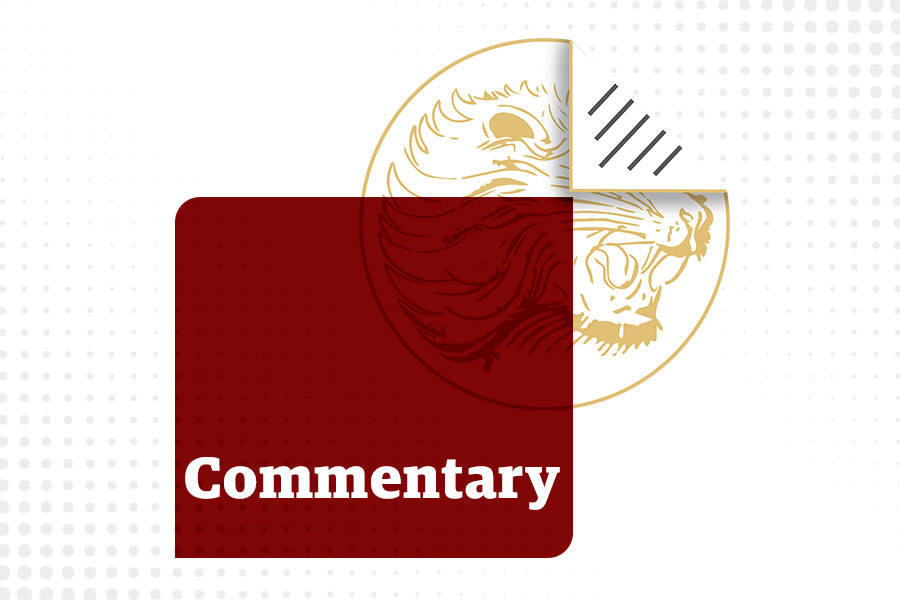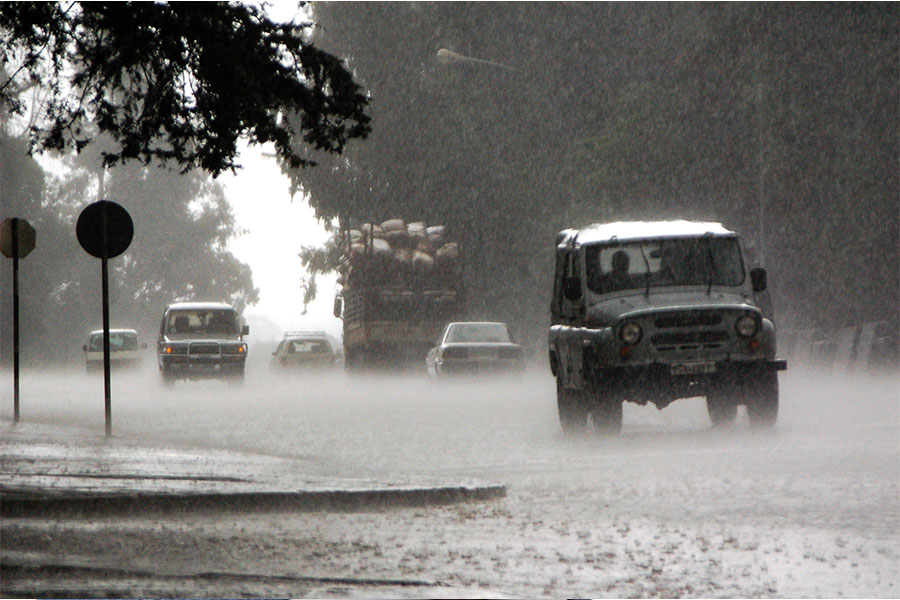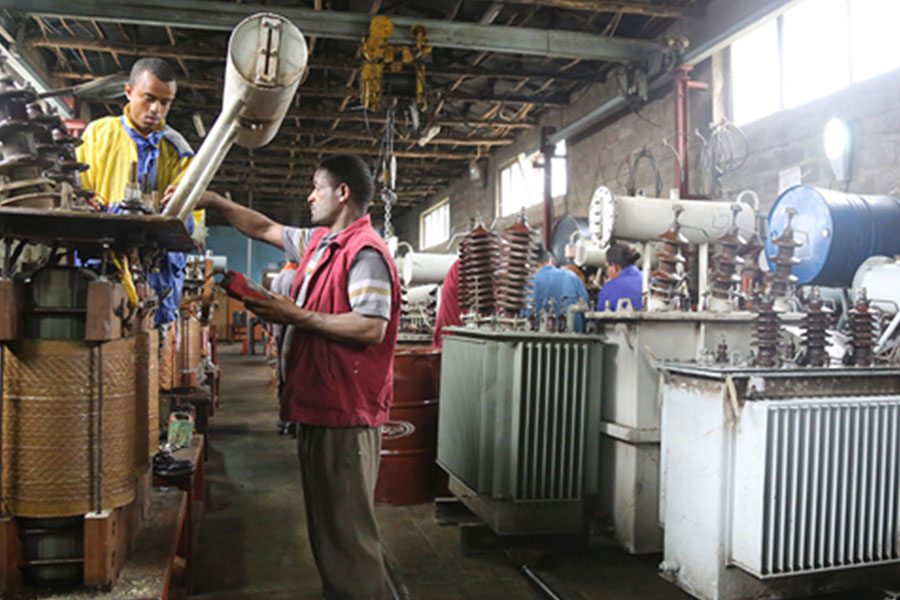
May 29 , 2021
By Eden Sahle
Political, economic and public health crises coming all at once is devastating for people's mental health. The COVID-19 outbreak, and the tragedies of violence we hear about daily in various corners of the country, are increasingly impacting our psychological wellbeing, even if we do not directly suffer from them. It is sometimes grief at the loss of loved ones, anxiety at joblessness or fear for the future - they are all triggering and deepening mental stress.
With much happening right now, it is a miracle we can all get things together in our minds to get up in the morning, hoping for something better to come. We learn to overlook our realities and yearn for better things to come in what seems like a distant future.
Individuals with pre-existing mental health conditions and those already caught up in conflict and crisis areas are at a much higher risk of developing mental disorders. One such victim is my friend, who suddenly slipped into chronic depression. He spoke openly about the disturbing information he has been exposed to due to his work. He was in great distress about politics and the pandemic, but he never reflected on how it affected him personally. Now, at a stage where he is in greater need of a medical emergency, he rejected the necessary support and severed all communications with loved ones. It made matters all the more harder for him.
Mental health suffering is often exacerbated by stigma and discrimination, making people like my friend afraid to seek support. But as things seem to spiral out of our control, we all should prepare for waves of uncertainty and anxiety. As human beings, we all share the same sorrows, hopes and needs. If the pandemic has given us a lesson, it is how interdependent we are: what happens to one person can soon affect many others, even on the far side of the nation.
It is only natural to feel worried and scared at a time when so many are suffering. But by being calm and clear-sighted, we can help others and, in so doing, help ourselves. We should be encouraged to cultivate peace of mind and think about what we can do for others.
Mental health is the core of our existence and keeping it functional must receive our utmost priority. It is also never too late. Research on the mental health impact of catastrophic events shows that most people bounce back to a healthy state of mind. Our own troubled political and economic history and how people managed to move forward over the years is a case in point.
One of the vital aspects of being resilient is taking the necessary measures, such as resting, limiting the amount of information we consume and connecting with those close to us.
Our society lacks the community support needed to stay well mentally. But it is about time we change the status quo and reshape some of our priorities to give mental wellbeing greater attention. For a poor nation like ours, it is more affordable to promote mental health rather than treat mental illness.
Communities, religious institutions, schools and families should play a more vital role than ever to support those in need. This requires making the issue less taboo and creating platforms where these matters could be more honestly discussed. We must collaborate to find innovative ideas if we want a mentally healthier society that can be productive.
It is important to reduce the magnitude of damage that political crisis and the pandemic may continue to create on our mental wellbeing. Even in our loss of a sense of security and certainty, grief should not be our daily phenomenon. It should rather be optimism that with collaboration, things will improve and that we will find a way out of our dilemma. To do this, we need to be mentally astute and well.
PUBLISHED ON
May 29,2021 [ VOL
22 , NO
1100]

View From Arada | Mar 26,2022

Commentaries | Apr 22,2023

Commentaries | Oct 09,2021

View From Arada | Jul 29,2023

Fortune News | Oct 08,2022

Photo Gallery | 177066 Views | May 06,2019

Photo Gallery | 167278 Views | Apr 26,2019

Photo Gallery | 157878 Views | Oct 06,2021

My Opinion | 136953 Views | Aug 14,2021

Dec 22 , 2024 . By TIZITA SHEWAFERAW
Charged with transforming colossal state-owned enterprises into modern and competitiv...

Aug 18 , 2024 . By AKSAH ITALO
Although predictable Yonas Zerihun's job in the ride-hailing service is not immune to...

Jul 28 , 2024 . By TIZITA SHEWAFERAW
Unhabitual, perhaps too many, Samuel Gebreyohannes, 38, used to occasionally enjoy a couple of beers at breakfast. However, he recently swit...

Jul 13 , 2024 . By AKSAH ITALO
Investors who rely on tractors, trucks, and field vehicles for commuting, transporting commodities, and f...

Oct 18 , 2025
The political establishment, notably the ruling party and its top brass, has become p...

Oct 11 , 2025
Ladislas Farago, a roving Associated Press (AP) correspondent, arrived in Ethiopia in...

Oct 4 , 2025
Eyob Tekalegn (PhD) had been in the Governor's chair for only weeks when, on Septembe...

Sep 27 , 2025
Four years into an experiment with “shock therapy” in education, the national moo...

Oct 18 , 2025 . By NAHOM AYELE
In a sweeping reform that upends nearly a decade of uniform health insurance contribu...

A bill that could transform the nutritional state sits in a limbo, even as the countr...

Oct 18 , 2025 . By SURAFEL MULUGETA
A long-planned directive to curb carbon emissions from fossil-fuel-powered vehicles h...

Oct 18 , 2025 . By BEZAWIT HULUAGER
Transaction advisors working with companies that hold over a quarter of a billion Bir...